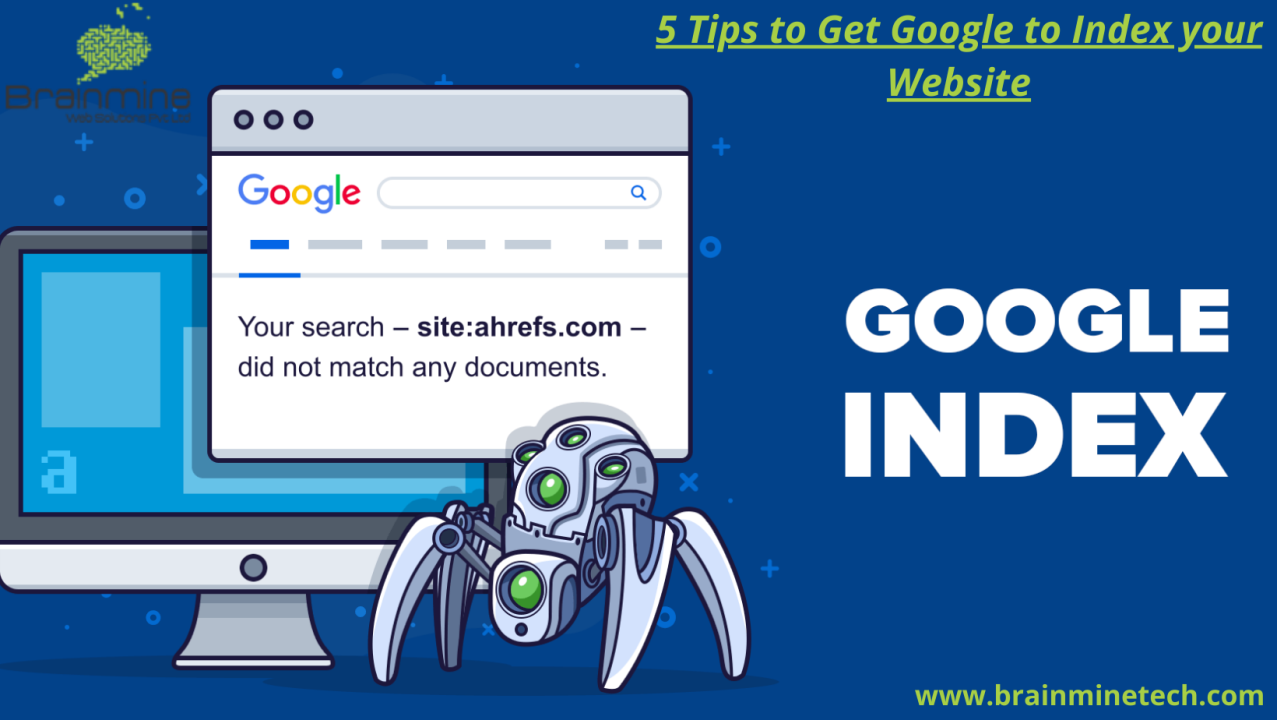What is Google Index?
Google Index is a vast database where Google stores information about the web pages it has crawled. When you search for something on Google, the search engine pulls data from this index to provide relevant results. Essentially, if a web page isn’t in the Google Index, it won’t appear in search results.
How Does Google Index Work?
- Crawling: Google uses automated bots known as crawlers or spiders to discover new and updated web pages. These bots navigate the web by following links from one page to another.
- Indexing: Once a page is crawled, Google processes its content. This involves analyzing the text, images, and videos on the page, as well as the page's structure and metadata (like titles and descriptions). This information is then stored in the index.
- Ranking: When a user performs a search, Google uses algorithms to determine which pages from the index are the most relevant to the query. Factors like keyword relevance, page authority, and user experience play significant roles in this ranking process.
Why is Google Index Important?
- Visibility: If your website is indexed, it has the potential to appear in search results. This is crucial for attracting traffic and gaining visibility.
- SEO Impact: Understanding how Google indexes pages can help you optimize your website for search engines (SEO). Proper SEO practices can improve your site's chances of being crawled and indexed favorably.
- Monitoring Performance: Tools like Google Search Console allow website owners to monitor how their pages are indexed, identify issues, and optimize their content accordingly.
How to Ensure Your Pages Are Indexed
- Submit a Sitemap: A sitemap is a file that lists all your website's pages. Submitting it to Google Search Console can help ensure that your pages are crawled and indexed.
- Use Robots.txt Wisely: This file instructs crawlers which pages to crawl and which to ignore. Ensure that important pages aren’t inadvertently blocked.
- Create Quality Content: High-quality, relevant content is more likely to be crawled and indexed. Regularly updating your site with fresh content can also attract crawlers.
- Optimize Site Structure: A well-organized site with clear navigation helps crawlers understand your content better, improving indexing.
- Check for Crawl Errors: Regularly monitor Google Search Console for any crawl errors that might prevent pages from being indexed.
Common Indexing Issues
- Noindex Tags: If a page has a "noindex" meta tag, it instructs Google not to index it.
- Blocked by Robots.txt: If the page is blocked in the robots.txt file, it won’t be crawled or indexed.
- Duplicate Content: Pages with duplicate content may struggle to get indexed, as Google prioritizes unique content.
Conclusion
Google Index is a fundamental component of how the web works. By understanding the indexing process and implementing best practices, you can enhance your website's visibility in search results, driving more traffic and improving your online presence. Regularly monitoring your site's indexing status and making adjustments as needed can significantly impact your SEO success.
